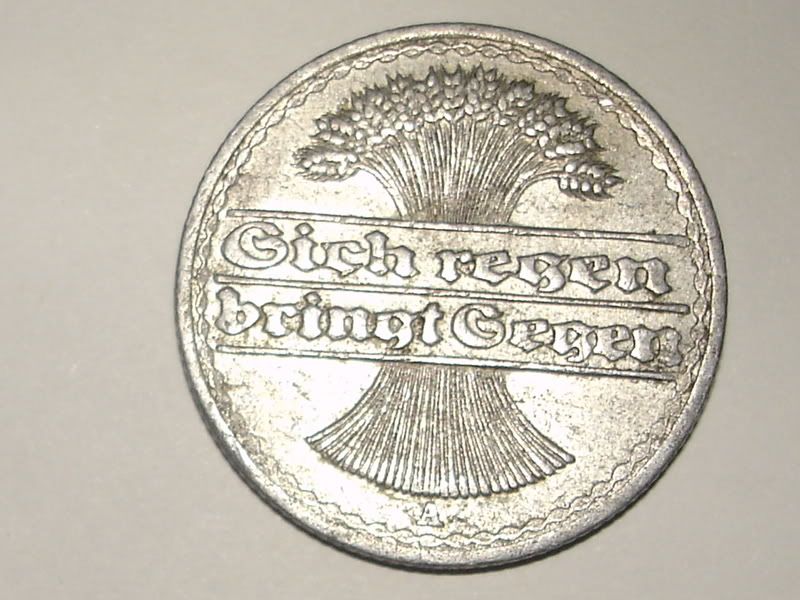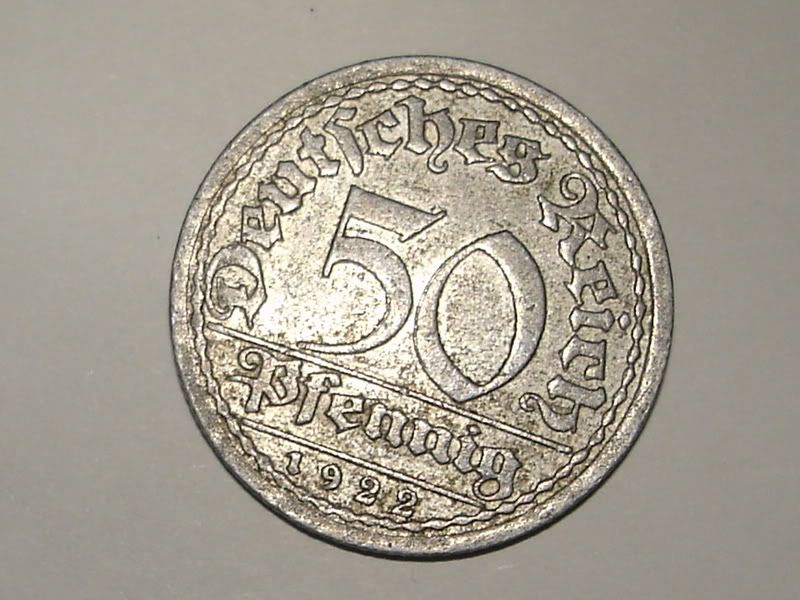Or we could have allowed the Japanese to surrender while keeping a bit of their national dignity.
I hate these all or nothing scenarios.
Japan started a war that killed tens of millions of people. Why should we have believed that they deserved so much dignity in their surrender? All the controversy over the nuclear bombing often seems to ignore the fact that it only happened because Japan started a horrible war and killed tens of millions of people in the process. They needed to be stopped and far too much of the Japanese leadership was dedicated to fighting to the last man to believe that they were just going to surrender without further violence. It wasn't until after the nuclear bombings that the peace faction gained the strength to resist them.
And anyway, we didn't even force the Emperor to resign. All we did was say "we won't guarantee that the Emperor will be left in power" and then ended up keeping him in power. That is, we didn't agree to their condition, but fulfilled it anyway... and that was a real mistake in my opinion, you simply can't fail to punish the top war criminal and expect people to be as remorseful as they should have been.
Also, yes, the quick surrender certainly saved many lives, thanks to both the averted invasion and the food aid they so desperately needed.
While I get what you're saying and partially agree with it,
this was awful.
Indeed it was, but far worse would have been the bodycount had there been an invasion of Japan, or even if we'd sat back and did nothing -- the famine coming that next winter would have been very severe. Even with the huge amounts of American food aid we sent in after the surrender, there was still a significant food shortage and famine... it's have been far, far worse without it. Is dying of starvation so much better than dying of the nuclear bomb?
It was awful and probably could have just used it out in sea just to show the power,but it did need to be tested/used.
They didn't think the Japanese government would take it seriously otherwise, and that they didn't surrender until after the second bombing lends some credence to that -- they did consider the other alternatives, but thought that this one would bring the quickest and most likely surrender. It was certainly a horrible choice, but if the non-city option wouldn't have worked, then what would we have done? We didn't have more bombs ready right away after those two, it'd have taken a little while to make more. But also, yes, deterring the Soviets was a factor as well, for sure. But even this is a defensible reason -- the Russians would quite possibly have invaded Japan in the interim, and taken Hokkaido. And we all know that Stalin would never have given it back.
I can't say that the nuclear bombing of cities was right, but also, I can't come up with an alternative that had the same likelihood to work and would have ended the war nearly as quickly, unfortunately.
No, we really didn't... Japan played the US against Communism I can suggest a really eye opening book about the occupation if anyone wants it.
And the evil vs good thing is true to a degree... Japan went nuts in China and Korea..but in the rest of Asia they were actually fairly civil.. This doesnt excuse anything or say that they were animals just thought it should be brought up
The Japanese were fairly civil outside of China and Korea? Don't tell that to the Burmese, or Filipinos, or Indonesians... that's just not true at all. They went into those nations proclaiming that they were freeing them from the Western imperialist oppressors, but then proceeded to force them to learn Japanese in school and act pretty much the same as the last imperialists had because they similarly believed in their cultural superiority. And then in the war, they killed civilians in huge numbers. Millions and millions of civilians died...
They were much less bad in Taiwan, but that seems to have pretty much been an exception. Even in Vietnam, where they weren't physically violent, they did take all the food they could find late in the war and help set off a famine that killed a million people. (Because of the looming starvation at home that only ended with the aforementioned American food aid.)
I guess I should restate what I meant.. once they were fucked everyone under their "rule" was more fucked... but they didn't run nuts like they did in China and Korea early in the war..
They didn't control most of those areas early in the war, and as I said, even the places where they were "nicer" throughout -- Taiwan, basically -- they still acted like imperial overlords and had no intention of freeing any of the peoples they conquered.






